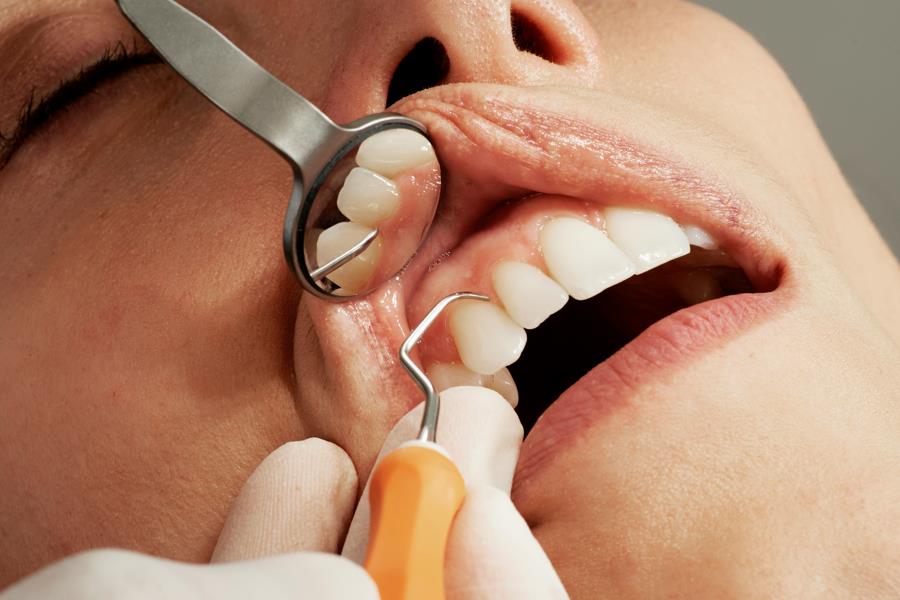In today’s precision machining field, CNC machining has attracted much attention for its excellent precision. So, how accurate is CNC machining? And what scenarios is it suitable for?
CNC machining is to accurately control the movement and machining parameters of the machine tool through the computer numerical control system, so as to achieve high-precision machining of the workpiece. Generally speaking, under excellent CNC machining equipment and reasonable process conditions, its machining accuracy can reach ±0.005mm or even higher. This means that when machining tiny precision parts, the dimensional deviation can be controlled within an extremely fine range to ensure the precision and consistency of the product.

Taking the CNC machining of Airy Precision Machinery as an example, when machining parts in the aerospace field, the requirements for precision are extremely high. For example, the engine blades, with their complex curved surface shapes and strict dimensional tolerance requirements, can accurately realize the design intent through CNC machining. With the help of advanced CNC programming and high-precision machine tools, not only can the contour size of the blade be accurately controlled to make the error with the design model negligible, but also the surface roughness can reach a very high standard, thereby ensuring the performance and reliability of the blade at high-speed rotation, and reducing the airflow loss and vibration problems caused by insufficient processing accuracy.
In the manufacturing of electronic equipment, CNC processing also plays a key role. Precision structural parts inside mobile phones, chip packaging molds, etc., all require high-precision processing technology. CNC processing can meet the stringent requirements of these parts for dimensional accuracy and surface quality, and ensure the stable performance and miniaturization of electronic equipment. For example, the mounting bracket of the mobile phone camera, with its tiny hole position and precise outer dimensions, can be guaranteed by CNC processing. The consistency of each bracket ensures that the camera can focus accurately and run stably after assembly, and improves the shooting quality of the mobile phone.

For the medical device industry, precision processing is even more related to life safety. For example, artificial joints, dental implants, etc., these products need to be perfectly adapted to human tissues, and the high-precision characteristics of CNC processing are particularly important. It can customize the production of implants with precise dimensions and smooth surfaces according to the specific needs of patients, reduce the occurrence of postoperative complications, and improve the quality of life and success rate of surgery.
However, the high precision of CNC machining is not the best choice in all scenarios. In some occasions where the precision requirements are not high, the processing batch is large, and the cost control is strict, the traditional machining process may be more cost-effective. But in general, with the continuous advancement of science and technology, the application scope of CNC machining in the field of precision machining is becoming more and more extensive, and its high-precision advantages have also provided strong technical support for the development of many high-end manufacturing industries, driving various industries to move towards a more precise and efficient direction, allowing companies such as Airy Precision Machinery to stand out in the market competition with advanced CNC machining technology, meet customers’ needs for high-quality precision parts, and help upgrade and innovate modern manufacturing.







